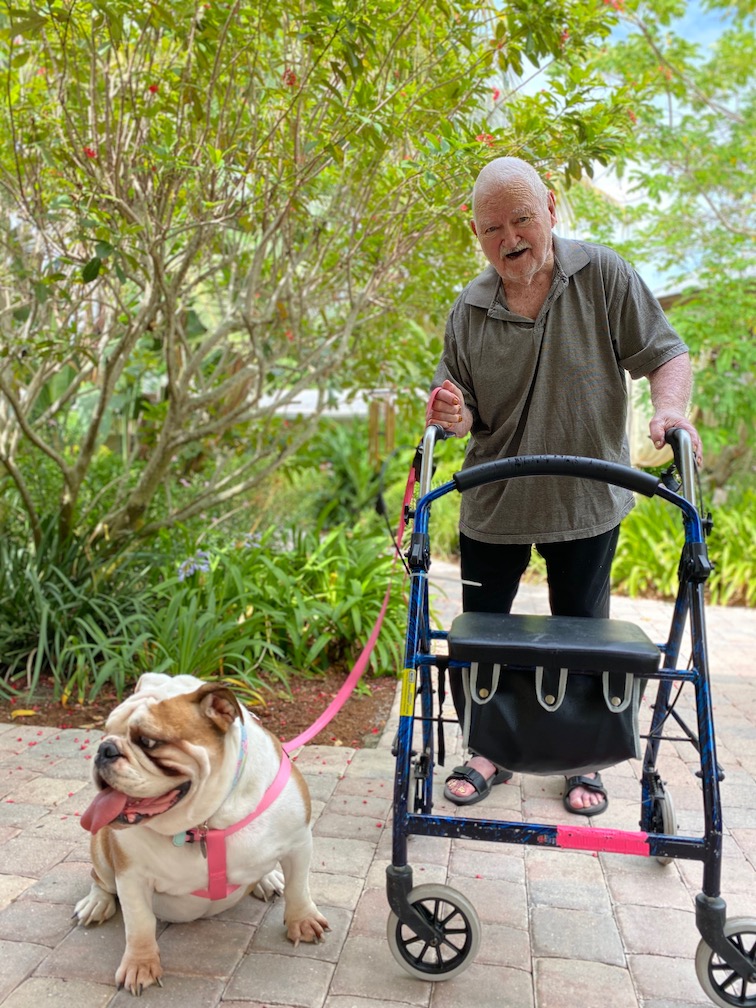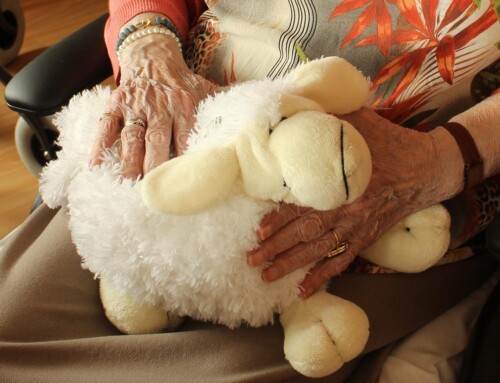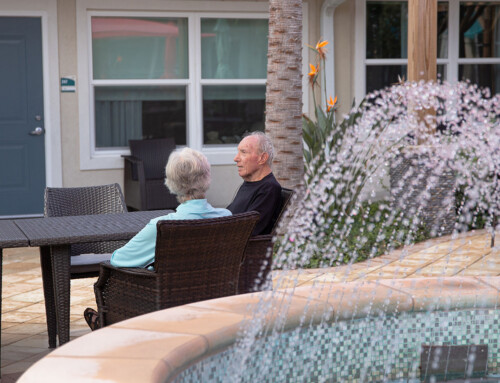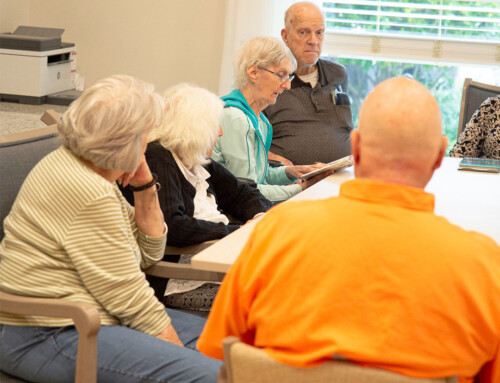Parkinson’s disease (PD) is often called senior citizen’s disease. In fact, 96% of cases occur in people over 50 years old. For those living with or caring for seniors, it is important to understand early symptoms and what to expect.
We speak a lot about Alzheimer’s disease in our blog. But Parkinson’s merits explanation as well, as it is second only to Alzheimer’s regarding the incidence of nerve degenerating disease. Parkinson’s afflicts 1 percent of the 60+ population, but the occurrences rise to 5% once individuals reach 85. Therefore, simply getting older is considered a risk factor for Parkinson’s.

Seniors Diagnosed with Parkinson’s Disease More Often
While we understand that age contributes to Parkinson’s disease, not much else about the root cause of the disease is known. Many believe Parkinson’s arises from several genetic and external factors, but these are general observations that do not yet have hard clinical proof behind them.
- Parkinson’s disease attacks multiple areas of the body and brain. The destruction of neurons is responsible for the tremors, rigidity, and loss of spontaneous movement, which characterize the condition.
- Dopamine is a chemical messenger that sends the signals needed for smooth, intentional movement. Research has indicated that the substantia nigra pars compacta region of the brain experiences more neuron loss than other brain areas.
- These particular neurons are susceptible to toxins that target ATP-generating mitochondria. ATP is instrumental in producing energy within each cell.
- As the body and brain grow older, functional organelles – responsible for removing damaged proteins in neurons – are known to decline.
- Medical experts estimate that once motor symptoms appear, patients have already lost up to 80 percent of the dopamine-producing neurons. As the disease progresses, the declining function of mitochondria and the build-up of abnormal alpha-synuclein results in additional neuron loss.
Parkinson’s Symptoms
People diagnosed with Parkinson’s experience, no matter their age, showcase the same symptoms. Both motor and non-motor symptoms are prevalent, including:
- Tremors in the face, hands, arms, or legs
- Rigidity of the limbs and torso
- Slow movement and impaired balance
- Gradual loss of spontaneous movement
- Lack of coordination
- Loss of sense of smell
- Depression and sleep problems
- Memory and cognitive challenges
- Problems with constipation and urination
- Occurrences of nausea, dizziness, and vertigo
- Vision problems
- Orthostatic hypotension (blood pressure drops when standing up or sitting down)
- Abnormal salivation and sweating
Treatment of Parkinson’s Disease
Sadly, there is no cure for Parkinson’s disease, nor is there a treatment that can slow down or impede the progression of the disease. However, there are ways to manage symptoms more effectively. The treatment goals for senior patients include maintenance of appropriate activity and optimization of their quality of life. If a Parkinson’s patient becomes sedentary, it is far more difficult to reverse any loss of function. Therefore, if you have a loved one living with Parkinson’s, assisting them to stay as mentally and physically active as possible is essential to their overall well-being.
If you are a caregiver for someone living with Alzheimer’s or Parkinson’s, you know how much care is required. If you are looking for an adult living residence that can provide the care and safety your loved one needs, we invite you to call for an appointment today.
A Banyan Residence is a professional assisted living and memory care center located in The Villages, Florida.







